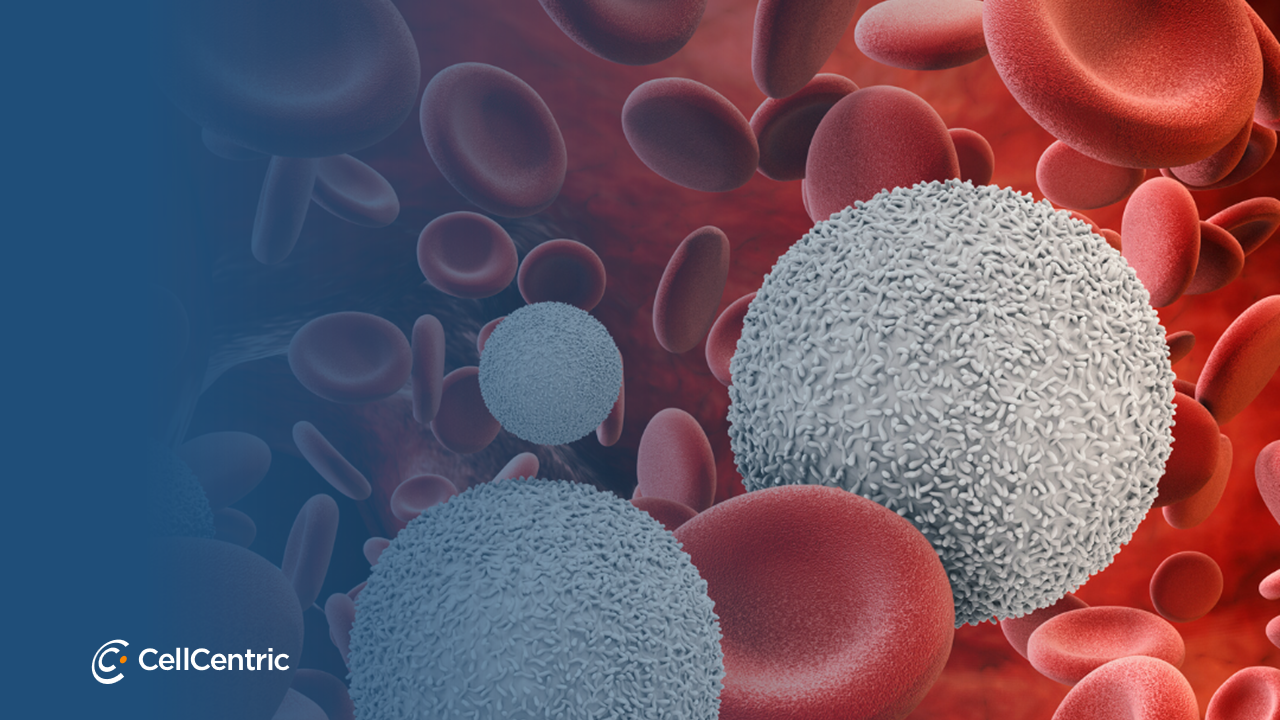CellCentric, the biotechnology company unlocking epigenetic control mechanisms, has ties to over 30 leading research labs in epigenetics. The network involves a wide breadth of world leaders in molecular and developmental biology, disease models and pluripotency. This enables the company to evaluate and bring together multiple early insights and information and prioritise potential commercial opportunities, including the identification of novel therapeutic targets. Novel epigenetic targets have relevance for small molecule therapeutic discovery in a number of disease areas, but most notably for cancer. The company’s Director of Exploratory Research, Nessa Carey, along with colleague Jonathan Best have recently published the following review:
Epigenetic opportunities and challenges in cancer.
Best JD, Carey N, Drug Discovery Today, Nov 2009 [Epub ahead of print]
Epigenetic covalent modifications of DNA and chromatin proteins strongly affect gene expression and cellular activity, and epigenetic misregulation occurs in several diseases, especially cancer. First-generation drugs targeting the relatively promiscuous DNA methylation and histone acetylation modifiers have had successes in the treatment of haematological cancers. Second-generation drug programmes are in the discovery phase, targeting epigenetic enzymes with more tightly defined modes of action. The review highlights some of the challenges in identifying the most appropriate new targets and the issues that need to be addressed to facilitate the successful entry of second-generation epigenetic drugs into the clinic.
For further information contact:
CellCentric
Nessa Carey Tel: + 44 (0) 1799 531 130
Epigenetics
Epigenetics concerns the processes that help govern chromatin structure and function, by which cell fate is controlled. This is an emerging field that is leading to a series of novel approaches to intractable diseases, including cancer. DNA demethylases and histone deacetylases (HDACs) have pioneered the therapeutic potential of the space, but it is clear that there are many other rational targets associated with epigenetics that could have real clinical impact.
About CellCentric
CellCentric is an innovation company focused on epigenetics. The company’s business model based on a global network of tied leading researchers, is designed to ensure that CellCentric has the best chance of success in delivering the next wave of epigenetic opportunities. The company identifies novel targets that it prioritises and takes into early drug discovery, as well as novel tools for analysing epigenetics candidates.
Currently CellCentric is running small molecule discovery programmes on 7 novel targets that have been prioritised from a wide pool of candidates identified through disclosures from Principal Investigators in its network.. Targets include methyltransferases, demethylases and ubiquitin-related enzymes. Importantly, each programme benefits from ongoing input from the leading researchers in the field.
Over 50 novel epigenetic tools have been identified with the platform technologies covered by patents.
CellCentric was founded in 2004 with Prof Azim Surani FRS, University of Cambridge.


